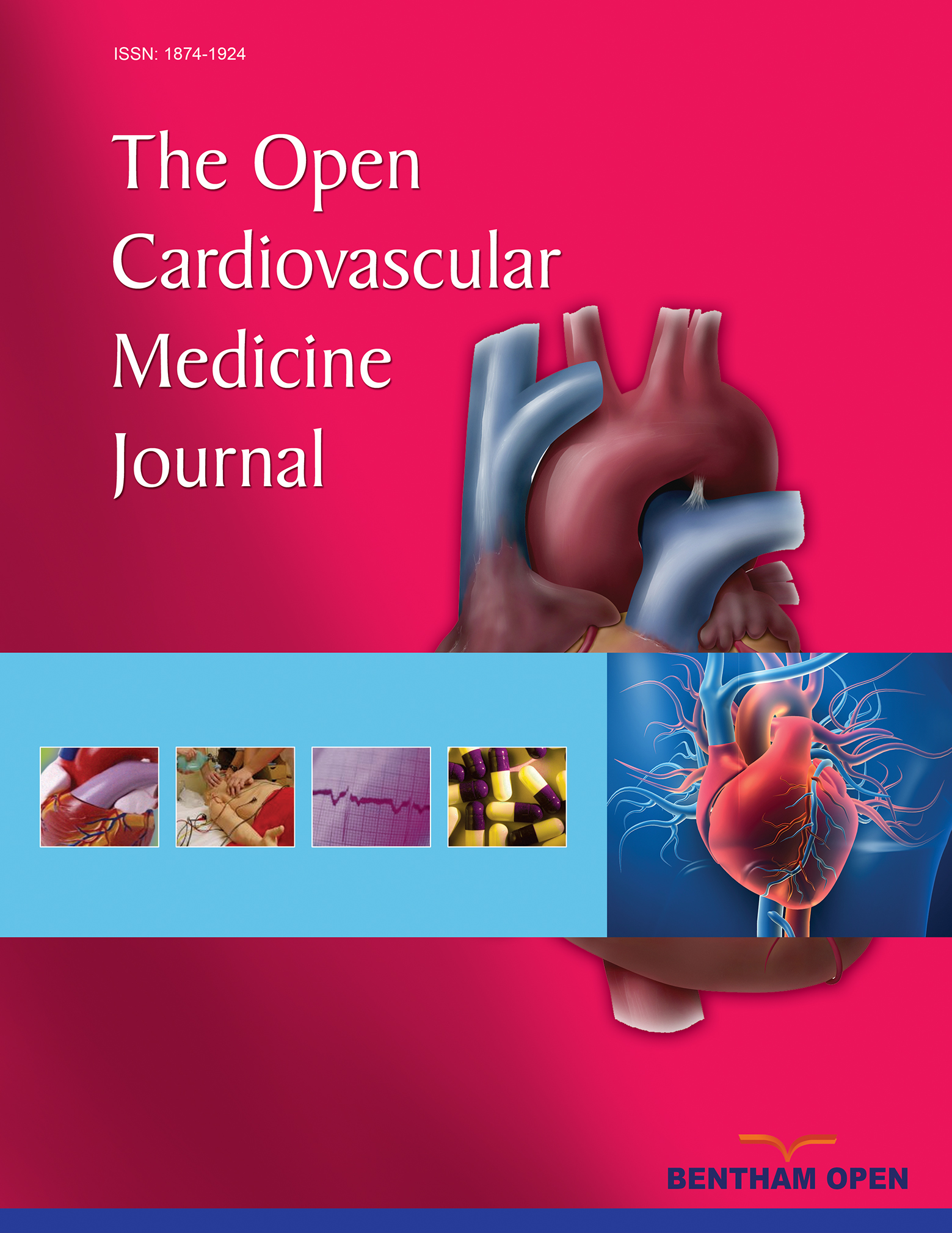All published articles of this journal are available on ScienceDirect.
The Ability of Heart Failure Specialists to Accurately Predict NT-proBNP Levels Based on Clinical Assessment and a Previous NT-proBNP Measurement
Abstract
Background:
The value of routine aminoterminal pro type B natriuretic peptide (NT-proBNP) measurements in outpatient clinics remains unknown.
Objectives:
We sought to determine the accuracy with which heart failure (HF) specialists can predict NT-proBNP levels in HF outpatients based on clinical assessment.
Methods:
We prospectively studied 160 consecutive HF patients followed in an outpatient multidisciplinary HF clinic. During a regular office visit, HF specialists were asked to estimate a patient’s current NT-proBNP level based upon their clinical assessment and all available information from their chart, including a previous NT-proBNP level (if available). NT-proBNP estimations were grouped into prognostic categories (<125, 125-1000, 1000-4998, or ≥4999 pg/mL) and comparisons made between actual and estimate values.
Results:
Overall, HF specialists estimated 67.5% of NT-proBNP levels correctly. After adjusting for clinical characteristics, knowledge of a prior NT-proBNP measurement was the only significant predictor of estimation accuracy (p=0.01). Compared to patients with a prior NT-proBNP level <125 pg/mL, physicians were 95% less likely to get a correct estimation in patients with the highest prior NT-proBNP level (≥4999 pg/mL).
Conclusion:
HF specialists are reasonably accurate at estimating current NT-proBNP levels based upon clinical assessment and a previous NT-proBNP level, if those levels were < 4999 pg/mL. Likely, initial but not routine NT-proBNP measurements are useful in outpatient HF clinics.


